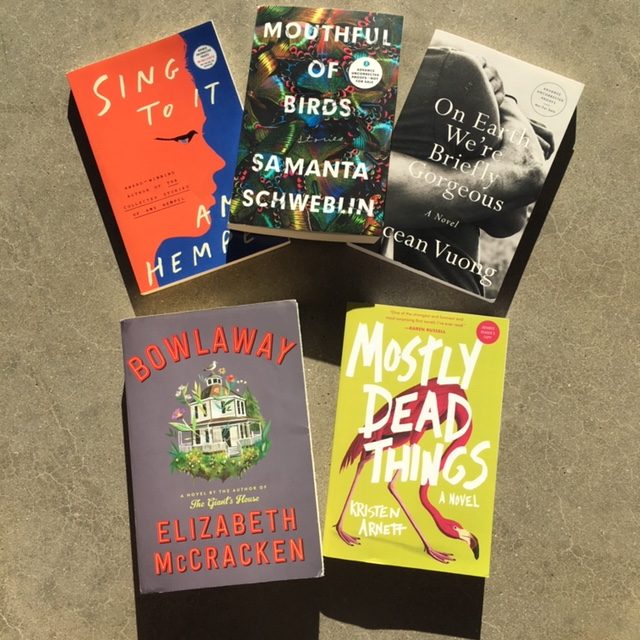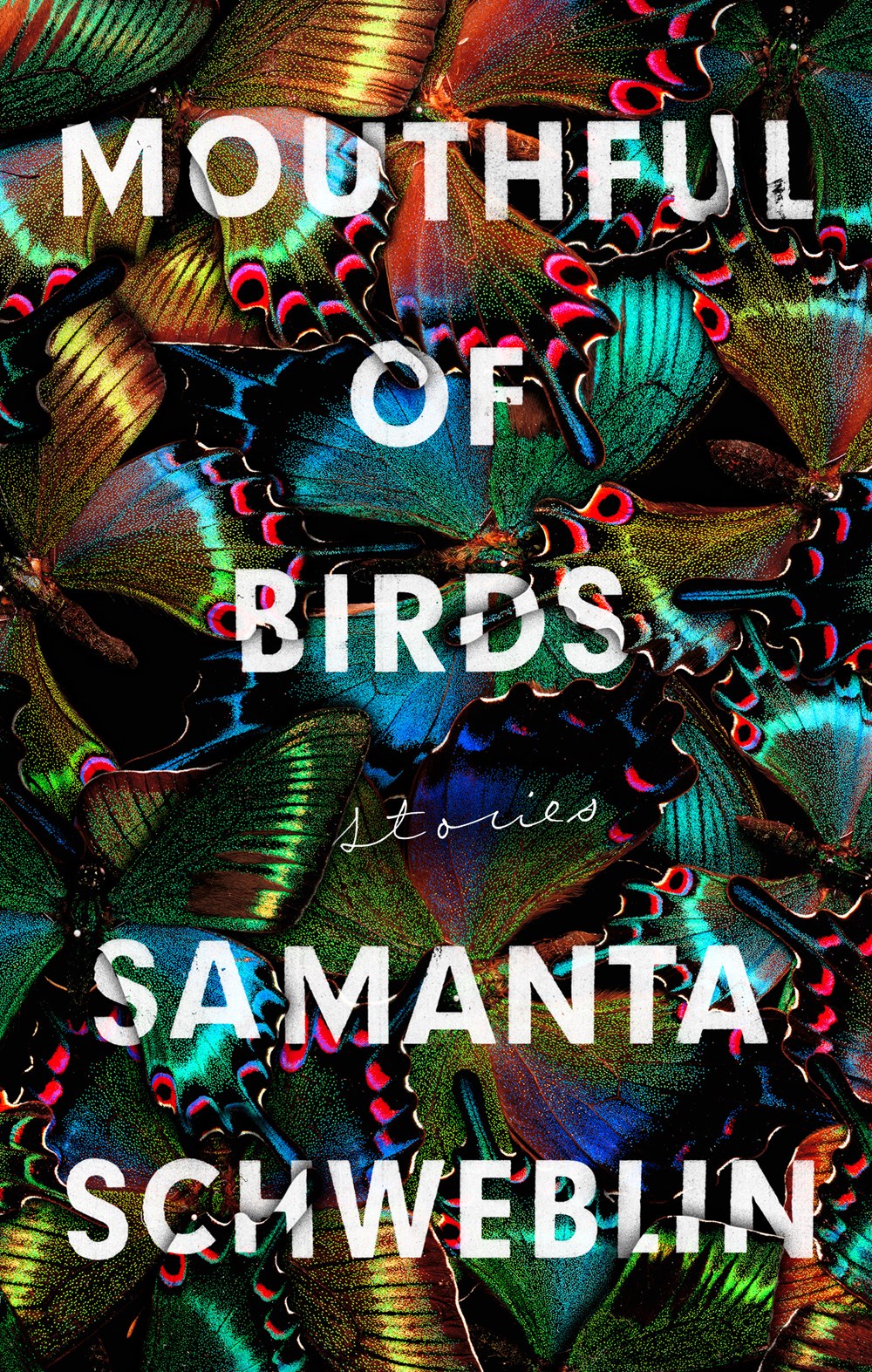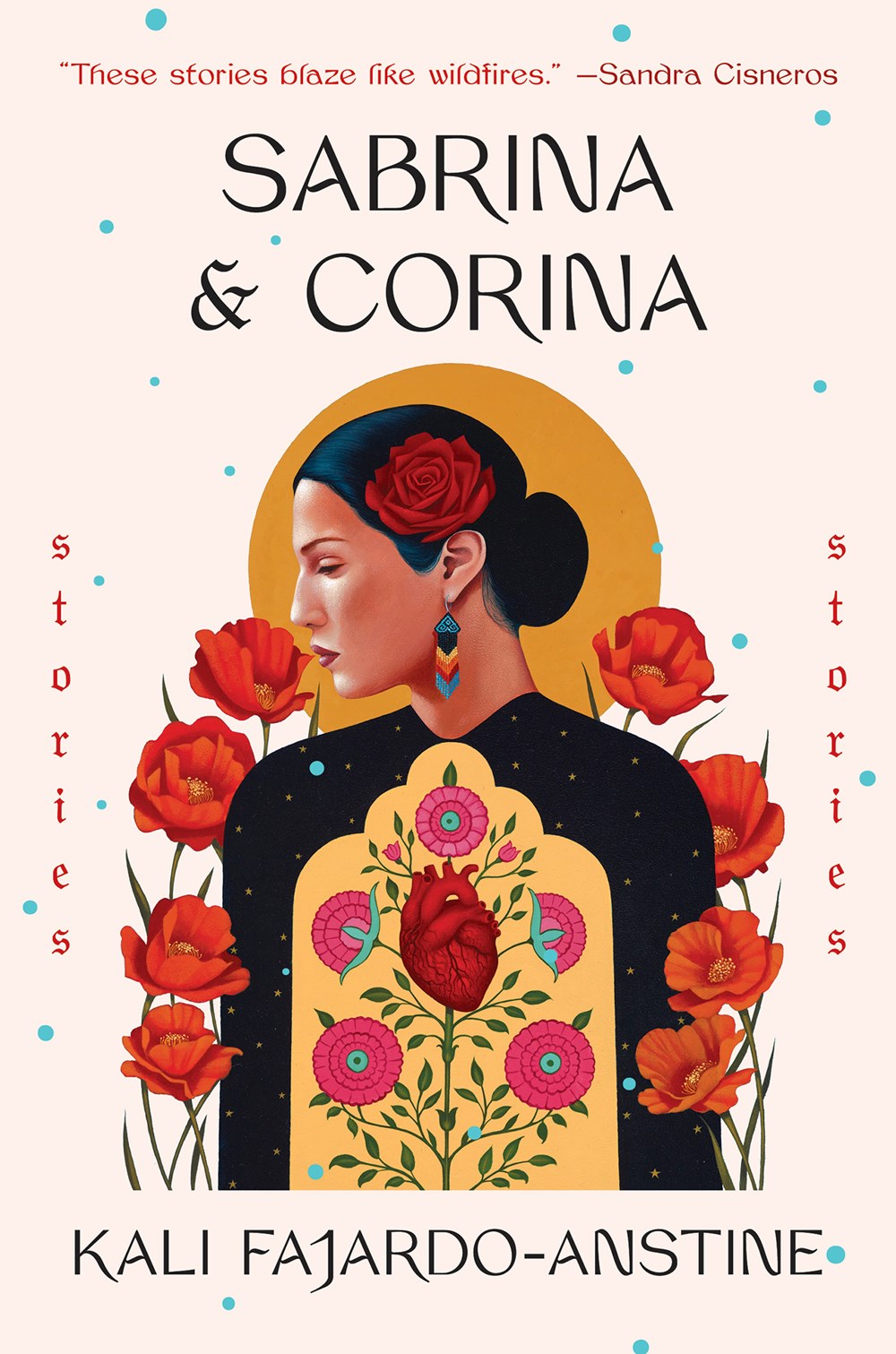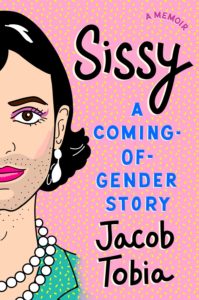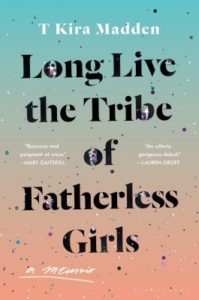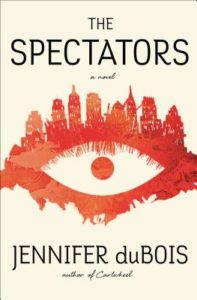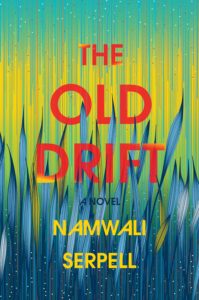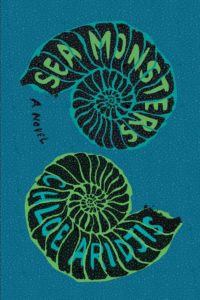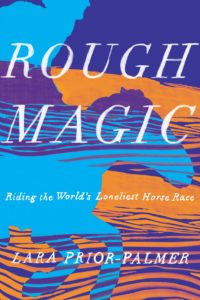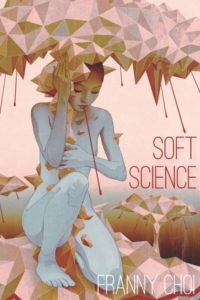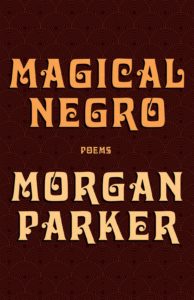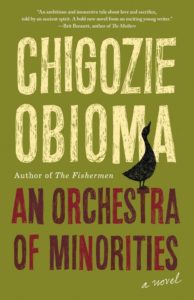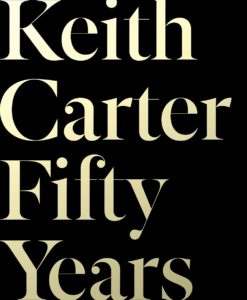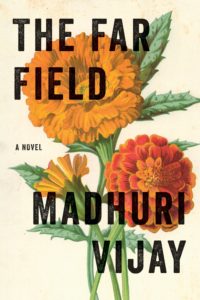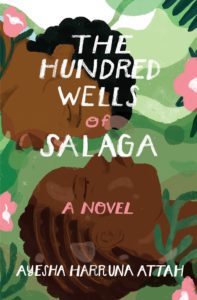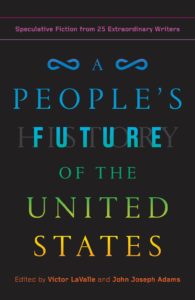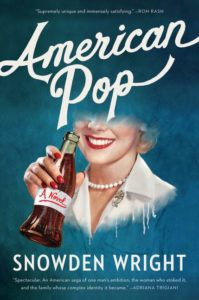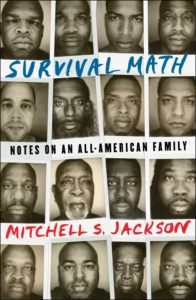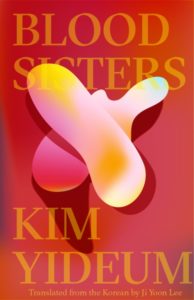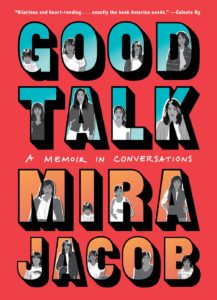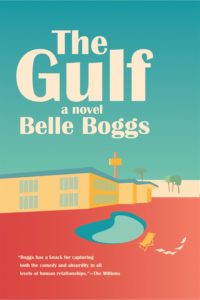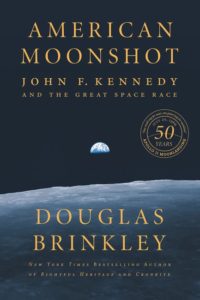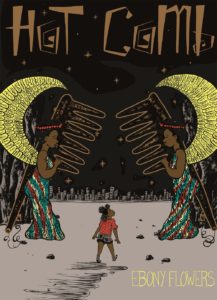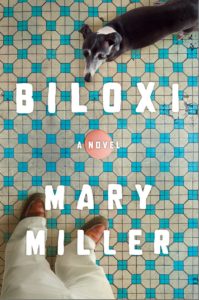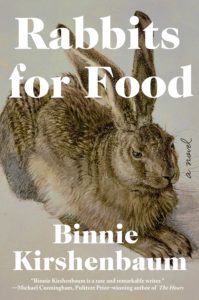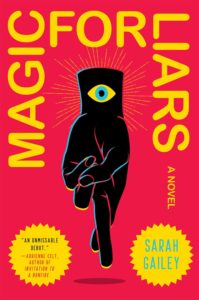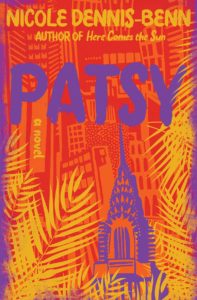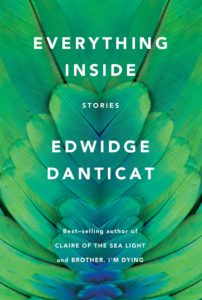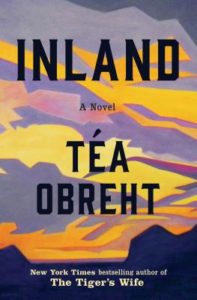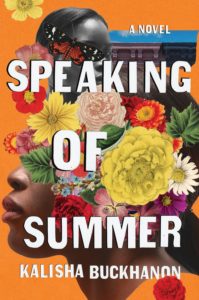Here we are again, on the giddy brink of another year of books (and what a massive year it is, with new work forthcoming from such heavyweights as Margaret Atwood, Zadie Smith, Carmen Maria Machado, Téa Obreht, Ian McEwan, Elizabeth Strout—and we have’t even seen the full fall catalogs yet). As Literary Director, this is the time of year when I am in a happy tailspin, poring over publisher catalogs, industry reviews, and keeping an eye on the recommendations and reading habits of my colleagues to determine which book I’ll read next, and then next, and then next after that, so that I, along with our selection committees, can start to think about the shape of this year’s Texas Book Festival.
As I organize my reading life, I’m sharing my lists with you. Below, you’ll find a few of the 2019 books I’ve read so far and highly recommend. You’ll also find lists of which books I have my eye on and hope to read soon. This is by no means a comprehensive statement on what comprises worthwhile reading this year. My selections are fairly subjective, born from my own excitement, curiosity and what I’ve managed to get my hands on and read so far. The lists skew heavily towards fiction, because that’s how I spend my December (and my colleagues, Lea and Lydia, will have children’s and Young Adult lists for you soon).
I am immensely grateful to the writers who have poured years of energy, intelligence, time, and art into these new works. It can be easy to scroll past a cover without registering how much one individual put into telling this story (not to mention the agents, editors, publicists, and publishing house professionals who are living and breathing these titles right now, hoping you will love the book as much as they do). So, thank you to the writers and to everyone who works to put these stories in our hands. If you are also grateful to the writers, please show your appreciation by pre-ordering these books from your local independent bookseller!
Mouthful of Birds: Stories by Samanta Schweblin
Translated by Megan McDowell
Riverhead, January 8
I was a big fan of Schweblin’s 2017 novel, Fever Dream. Strange and surreal, I had no idea what would happen page to page, and I reveled in the novel’s unsettling turns. When I opened her new short story collection, Mouthful of Birds, I hoped for the same landscape. Friends, Schweblin delivered. If you’re a fan of rosy, happy-ending, tied-with-a-bow, feel-good stories, I strongly advise you look elsewhere. These stories are dark, often verging on the border of mad and somewhat sinister territory, while remaining uniquely satisfying. The stories are also brief and I couldn’t help but tear through them, one slap after another, stirred and shaken, and left, once again, to delight in the terrain Schweblin is unafraid to tread; a daughter who eats live birds, a chorus of abandoned women wailing for revenge, an assassin’s horrific interview for a job. If you loved Friday Black, I highly recommend you make Mouthful of Birds one of the first collections you pick up this year.
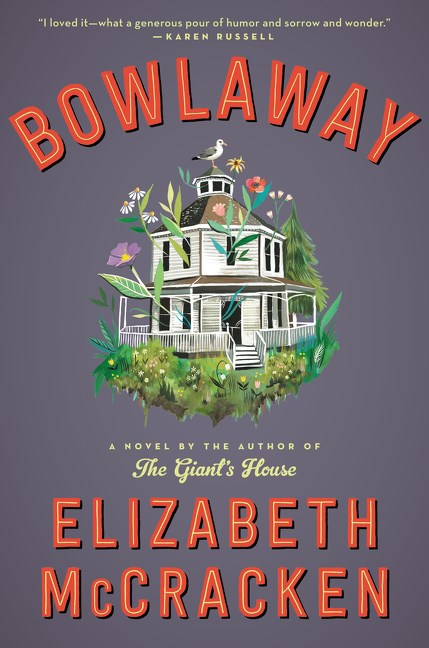
Bowlaway by Elizabeth McCracken
Ecco, February 5
Get ready to meet the world of Bertha Truitt, candlepin bowler and absolutely nobody’s fool. Bertha’s arrival in the small New England town of Salford at the turn of the twentieth century launches a decades-long, twisting, turning, character-rich tumble into the story of this community, the Truitt family, and the bowling alley Bertha establishes at their center. So much happens in these pages, it’s challenging to adequately sum up all there is to love about this tale. There is a molasses flood. There is a remarkable birth. There is bowling (so much bowling). Bowlaway has the feel of an epic yarn. You will be swept away, and gleefully. You may also come away with a deep, hankering urge to visit your local lanes (I certainly did, and have the novice’s sore forearm to prove it). If you love to get lost in a big novel written by a master storyteller whose humor and wit have earned her two National Book Award nods and The Story Prize, this book will absolutely bowl you over (I told myself I wouldn’t, but then I had to).
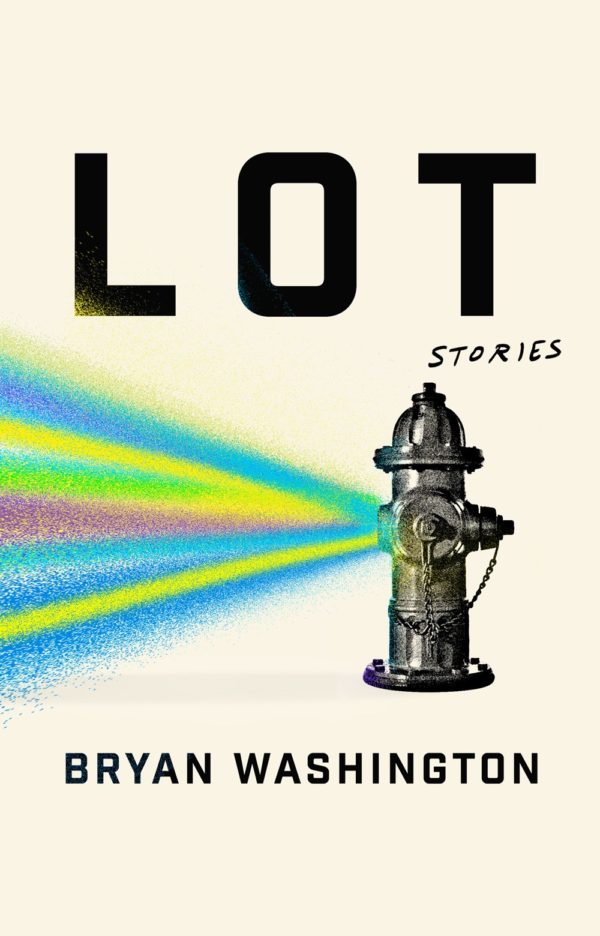
Lot: Stories by Bryan Washington
Riverhead Books, March 19
This is one of the first 2019 books I read and it set a high bar for this year’s debut fiction. If you loved A Lucky Man by Jamel Brinkley (a 2018 TBF author and finalist for the National Book Award, who has also been recommending this collection), mark this collection right now as to-be-read. Washington, a Houston native, writes his sprawling, iconic Texas city through the voices, hopes, heartbreaks, and living rooms of its vivid neighborhoods. Dealing with the troubles of gentrification, coming of age, coming out, community, family, and identity, the characters in these stories offer a multi-lens view of their deftly portrayed world, including the experiences of a young man whose regular appearance makes him the collection’s unofficial center. Lyrical, and with insight both sharp and tender, Washington hits the ground running in this remarkable first book. While you wait for Lot to hit shelves, you can get to know some of Washington’s work online (he is, indeed, prolific). I recommend this piece in The New Yorker about the Beto effect in Texas right before midterm elections; this piece in the New York Times about Houston and Hurricane Harvey; this piece in The Paris Review on Pride; and this piece in Catapult about the Rothko Chapel.
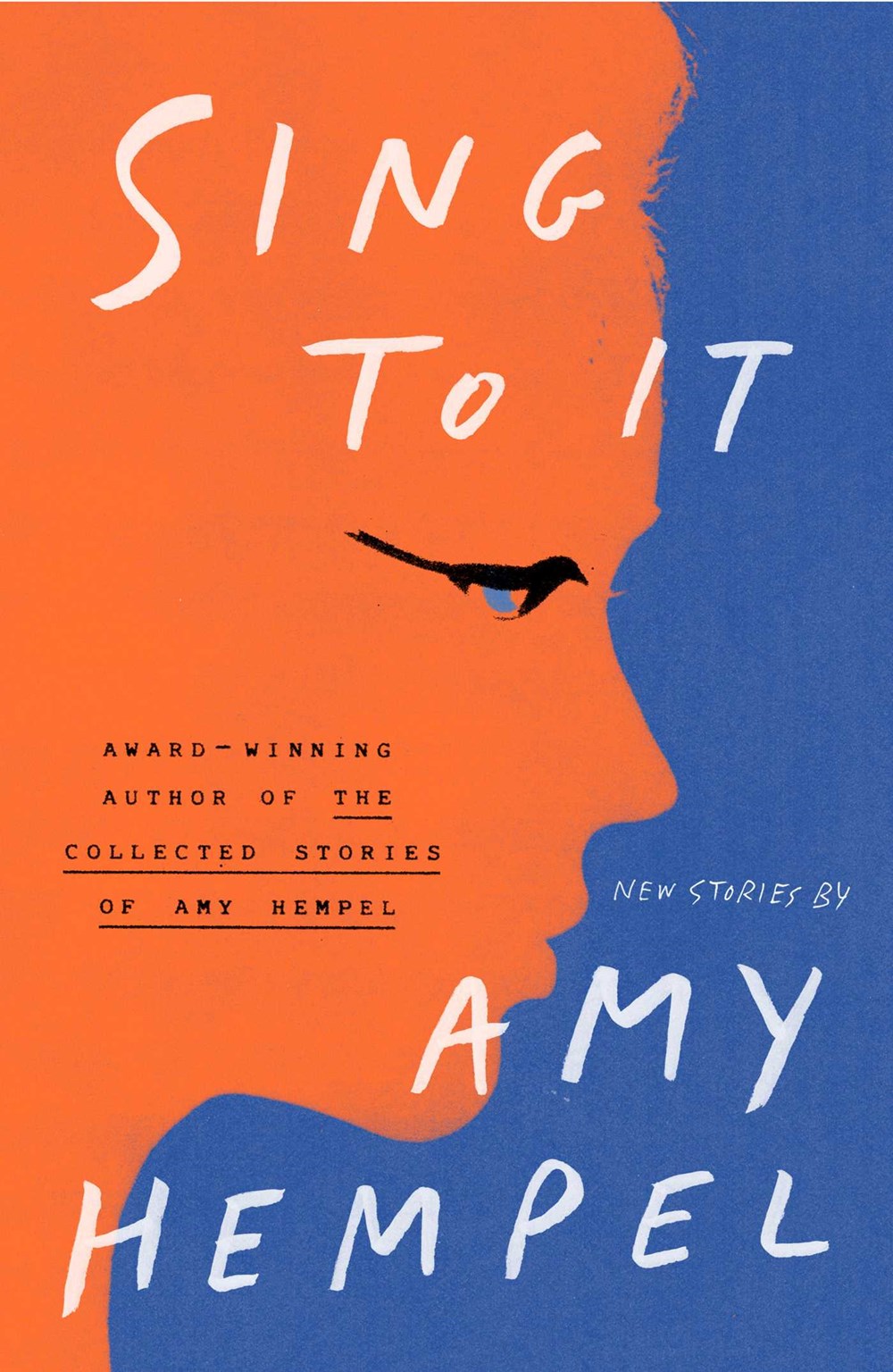
Sing To It: New Stories by Amy Hempel
Scribner, March 26
I am, to put it mildly, the biggest Amy Hempel fan on the planet (though I can feel all of the other Hempel fans ready to fight me, such is our devotion to this incomparable writer, to which I say: put down your fists and let’s just read some stories, we can all be presidents of the same fan club). This is Hempel’s first new collection in more than a decade and it is an event. If you’re already a fan of Hempel’s work, you will be thrilled to once again marvel at her deft maneuvers to extract the mysterious, lonely, living, connected, funny center of the human condition. I am always impressed by the way Hempel’s focused attention turns ordinary detail into a miraculous interior, how I am instantly enraptured by “a giant vinyl slice of watermelon” for the pool. Her sentences dazzle me as they twist into unexpected images and surprise endings that feel absolutely inevitable. And she drops the best first sentences—for example: “People are getting away with murder, but I can’t get away with having a glass of water in bed.” Some of the stories in this collection are a single page or a few paragraphs, such as The Doll Tornado, which describes exactly what its title indicates. Longer is A Full-Service Shelter, the third story in the collection and the one that made me cry. The final story, Cloudland, comprises nearly half of the book, an engrossing dive into the life of a woman who gave up her child for adoption, based on a true story about a maternity home scandal. 2019 is an amazing year. It is an Amy Hempel year. We are all so lucky.
Sabrina & Corina by Kali Fajardo-Anstine
One World, April 2
This debut story collection is one of my favorite discoveries so far of 2019. Set in and around Denver, Colorado and focusing on the stories of Indigenous Latinas, the world of Sabrina & Corina is one of desert vistas, desert grit, and desert women whose strength could topple the surrounding mountains. The relationships of the sisters, cousins, and friends in these stories are tender and intimate. Fajardo-Anstine brings us close to her characters and their histories, families, desires, and despairs. This is the kind of collection I want to give my best friend, my mom, my aunts, my female cousins. It celebrates female bonds and friendship even as it highlights the struggles of those same relationships and the pressures of the wild forces of love, economics, family ties, and the women’s own dreams. Tender, beautiful, and completely enveloping, this collection makes me very excited for Fajardo-Anstine’s first novel (also forthcoming from One World).
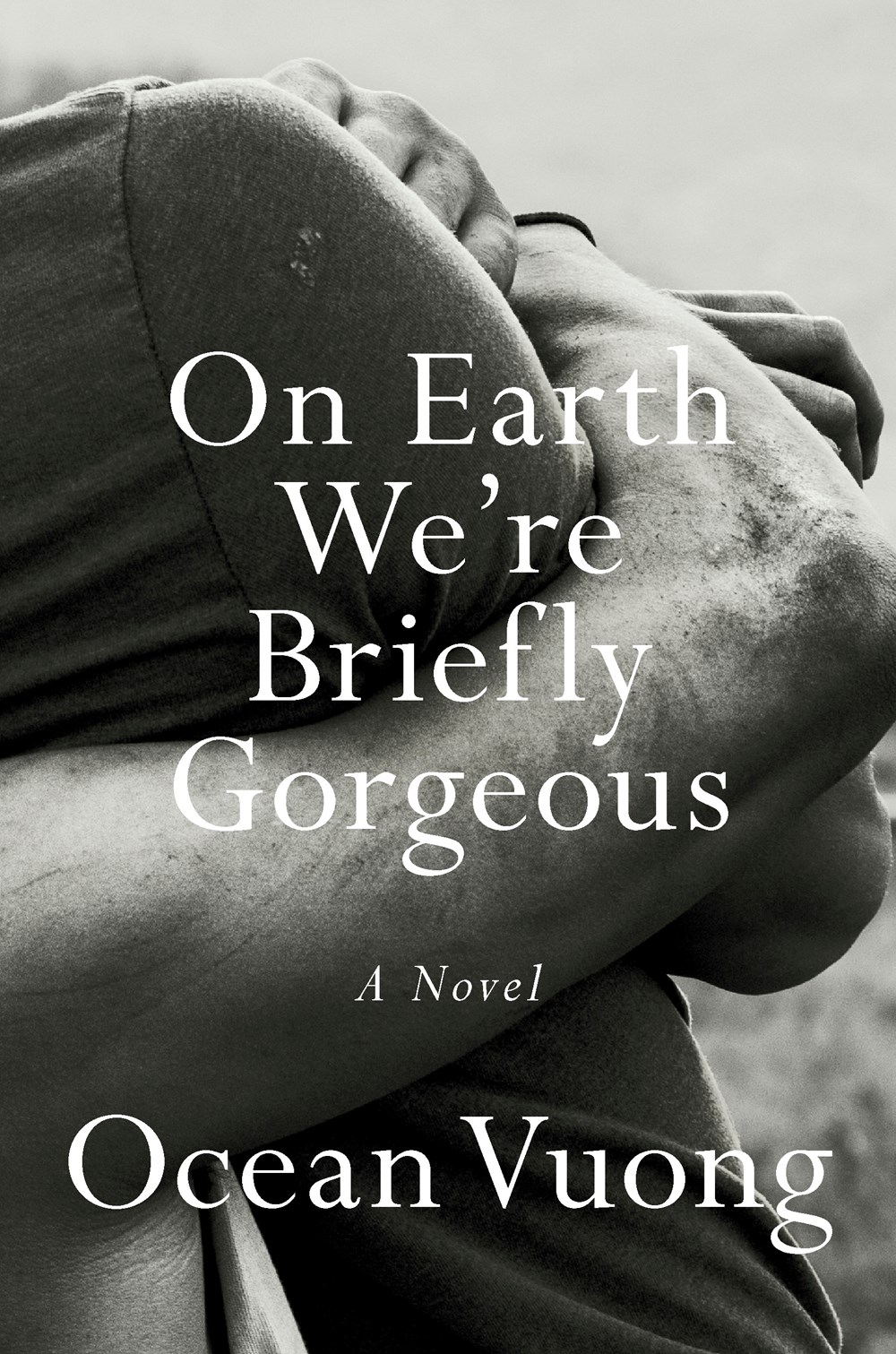
On Earth We’re Briefly Gorgeous by Ocean Vuong
Penguin Press, June 4
I’m going to say something that might get me in trouble here: poets are perfect novelists. Okay, okay, I’ll back off the grand and controversial generalizations, fine, but that’s how I felt reading Ocean Vuong’s On Earth We’re Briefly Gorgeous. Vuong’s debut poetry collection, Night Sky with Exit Wounds, was one of the most talked about books of 2017 and earned Vuong the T. S. Eliot Prize and a Whiting Award. Born outside of Saigon, Vuong and his family immigrated to the United States when he was a child. The reconciliation of one family’s Vietnamese past with their American present is at the core of this astounding new story, in which the horrors of war and addiction mix up with a mother’s love and a young man’s sexual awakening in prose that sings as it slashes across the page. There is a vitality in this language that buckles the reader to hard history while transcending the violence, giving us something more, something beautiful, a lily and a rose and young love, a way out of grief, all in the intimate form of a letter to a mother from her son. The sentences haunt me; their spectacular, searing images stopped me on the page and demanded I read them again, and then again. This is an absolutely remarkable work. I cannot wait for everyone to read it.
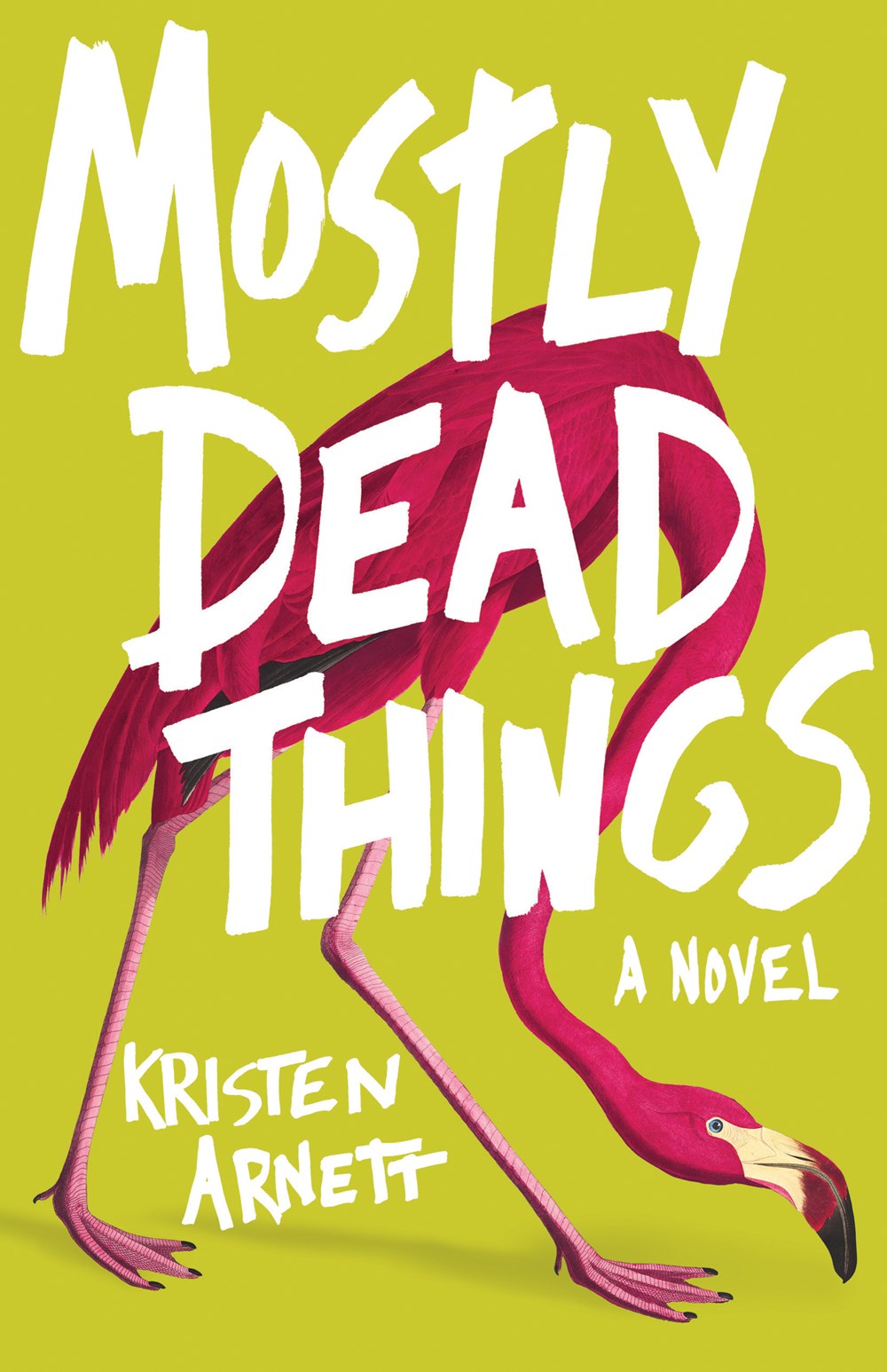
Mostly Dead Things by Kristen Arnett
Tin House Books, June 4
Something strange has happened since I read Arnett’s debut novel. All of a sudden, taxidermy is EVERYWHERE. There’s a taxidermy tiger at a local gift shop wearing a Santa hat and suggesting itself for the holidays. It’s the topic of overheard conversations I immediately butt into to say, “I just read a novel about taxidermy!” Which is misleading: Mostly Dead Things isn’t only about taxidermy, though it does provide a civilian with plenty of behind-the-scenes tips and tricks for stuffing and posing every kind of animal, from trout to bucks to peacocks. The story is told from the perspective of a Florida taxidermist, the daughter of another taxidermist who, in the opening pages of this novel, has taken his own life in the very same workshop where he has taught his daughter his trade. This vivid, if macabre, opening sets readers up for a funny, unexpected, and moving story about a daughter trying to find her way through grief, through the accumulation of years of strained family dynamics, and to the other side of the biggest heartbreak of her life, the loss of the woman she has devoted the majority of her life to loving. Arnett is immensely talented at sliding her pen under the skin of heartache and delivering its tendons, its sinews, and the heart still beating inside. If you like weird, and certainly if you have a fondness for taxidermy, make this your first summer read.
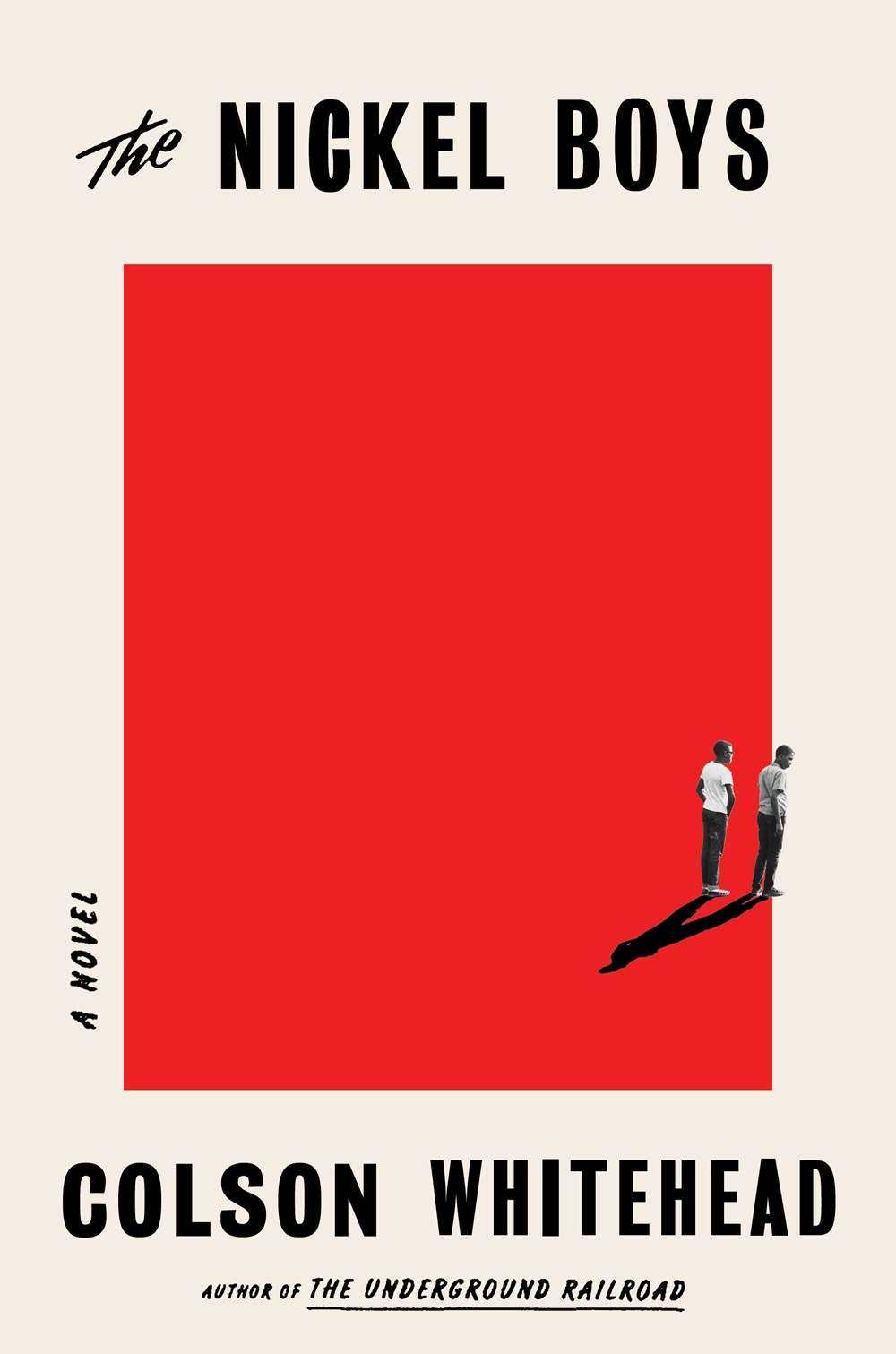
The Nickel Boys by Colson Whitehead
Doubleday, July 16
In his first novel since Underground Railroad, Whitehead brings readers to Nickel, a juvenile detention center in 1960s Florida, a “reform” school that is a catchall for young men marked as wayward or criminal. Segregated, sinister, and devastating in its abuse, Nickel turns out young men permanently scarred by its prison-like rigidity and severe punishment, if it lets them go at all. Whitehead portrays Nickel through the eyes of Elwood Curtis, a bookish teenager lit up by the intellectual and inspiring work of Dr. Martin Luther King. As he navigates the harsh terms of his new world at Nickel, readers meet the other boys Elwood lives with, works with, and befriends, their fates in Nickel and beyond bent by the will of the merciless, terrifying superintendent and staff. The novel is based on the true story of a reform school in Florida that operated for more than 100 years, and Whitehead provides many resources at the end of the book for learning more. In sharing this history, Whitehead spotlights the irreparable harm and racial bias of American justice and the prison system, while also highlighting the persevering light and hope of the Civil Rights movement. History is never so far away as we think it is. Once again, Colson Whitehead puts an unflinching depiction of American truth in our hands.

Cover not yet revealed!
All This Could Be Yours by Jami Attenberg
October 22, Houghton Mifflin Harcourt
You’re going to have to wait until the end of October for two things that I promise are worth your devoted patience: the 2019 Texas Book Festival and Jami Attenberg’s next novel. In All This Could Be Yours, the Tuchmans, a dysfunctional family if there ever was one, gather from their respective corners of the country to meet at the deathbed of their patriarch, an unequivocally reprehensible human being named Victor whose criminal life has left mystery, shame, betrayal and psychological complexes in his wake. As his daughter seeks answers from her mother, and his wife tracks her steps around the hospital floor, and his son bottoms out in Los Angeles, and his daughter-in-law buys another tube of lipstick to cope with her choices, we see the close weave of deep family reckoning. One of my favorite elements of this novel is its setting: New Orleans, where Attenberg lives. The brilliance of this story is its fluid point of view, the way it dips in and out of the perspectives of the ticket takers, waiters, nurses, bartenders, and other people who make up the city and cast into relief the Tuchman’s chaotic devolution. This novel lives and breathes the city as it tells the memorable story of one family playing taps inside its borders.
CURRENTLY READING
The Lost Children Archive by Valeria Luiselli
The Heavens by Sandra Newman
Sissy: A Coming of Gender Story by Jacob Tobia
Long Live the Tribe of Fatherless Girls by T. Kira Madden
Song for the Unraveling of the World by Brian Evenson
The Other Americans by Laila Lalami
The Spectators by Jennifer DuBois
You Know You Want This by Kristen Roupenian
IN MY TBR PILE
Sea Monsters by Chloe Aridjis
Black Leopard, Red Wolf by Marlon James
Normal People by Sally Rooney
Bangkok Wakes to Rain by Pitchaya Sudbanthad
Last Woman Standing by Amy Gentry
Rough Magic: Riding the World’s Loneliest Horse Race by Lara Prior-Palmer
The Old Drift: A Novel by Namwali Serpell
POETRY TO LOOK FORWARD TO
Magical Negro by Morgan Parker
The Tradition by Jericho Brown
Soft Science by Franny Choi
Build Yourself a Boat by Camonghne Felix
Library of Small Catastrophes by Alison Rollins
1919 by Eve L. Ewing
The Tiny Journalist by Naomi Shihab Nye
The Twenty-Ninth Year by Hala Alyan
HIGHLY ANTICIPATED 2019 READS, BY MONTH!
JANUARY
An Orchestra of Minorities by Chigozie Obioma
Keith Carter: Fifty Years by Keith Carter
The Far Field by Madhuri Vijay
Unquiet by Linn Ullmann
Thick: and Other Essays by Tressie McMillan Cottom
The Current: A Novel by Tim Johnston
The Falconer: A Novel by Dana Czapnik
Dreyer’s English: An Utterly Correct Guide to Clarity and Style by Benjamin Dreyer
FEBRUARY
The Hundred Wells of Salaga: A Novel by Ayesha Harruna Attah
Go Ahead In The Rain: Notes To A Tribe Called Quest by Hanif Abdurraqib
Merchants of Truth: The Business of News and the Fight for Facts by Jill Abramson
A People’s Future of the United States: Speculative Fiction from 25 Extraordinary Writers
edited by Victor LaValle
Where Reasons End: A Novel by Yiyun Li
American Pop: A Novel by Snowden Wright
The Source of Self-Regard: Selected Essays, Speeches, and Meditations by Toni Morrison
The Care and Feeding of Ravenously Hungry Girls by Anissa Gray
The Collected Schizophrenias by Esmé Weijun Wang
Vacuum in the Dark: A Novel by Jen Beagin
The Atlas of Reds and Blues by Devi S. Laskar
MARCH
Gingerbread by Helen Oyeyemi
Survival Math: Notes On An All-American Family by Mitchell S. Jackson
The Bird King by G. Willow Wilson
The White Card: A Play by Claudia Rankine
Good Talk: A Memoir in Conversations by Mira Jacob
The River: A Novel by Peter Heller
Blood Sisters by Kim Yideum, translated by Ji yoon Lee
APRIL
The Gulf: A Novel by Belle Boggs
I Miss You When I Blink by Mary Laura Philpott
American Moonshot: John F. Kennedy and the Great Space Race by Douglas Brinkley
If I Had Two Lives by Abigail Rosewood
Miracle Creek: A Novel by Angie Kim
Notes from a Young Black Chef: A Memoir by Kwame Onwuachi
Trust Exercise by Susan Choi
Southern Lady Code: Essays by Helen Ellis
Women Talking by Miriam Toews
Machines Like Me by Ian McEwan
MAY
Furious Hours: Murder, Fraud, and the Last Trial of Harper Lee by Casey Cep
The Unpassing: A Novel by Chia-Chia Lin
Exhalation: Stories by Ted Chiang
Rules for Visiting: A Novel by Jessica Francis Kane
Orange World and Other Stories by Karen Russell
Hot Comb by Ebony Flowers
Lanny: A Novel by Max Porter
Tears of the Trufflepig: A Novel by Fernando Flores
Biloxi: A Novel by Mary Miller
Where We Come From: A Novel by Oscar Cásares
Rabbits for Food by Binnie Kirshenbaum
JUNE
Patsy: A Novel by Nicole Dennis-Benn
The Electric Hotel by Dominic Smith
In West Mills by De’Shawn Charles Winslow
Magic for Liars by Sarah Gailey
Time Is the Thing a Body Moves Through by T Fleischmann
JULY & AUGUST
The Need by Helen Phillips
Speaking of Summer: A Novel by Kalisha Buckhanon
Trick Mirror: Reflections on Self-Delusion by Jia Tolentino
Everything Inside: Stories by Edwidge Danticat
The World Doesn’t Require You: Stories by Rion Amilcar Scott
Our Women on the Ground: Essays by Arab Women Reporting from the Arab World
edited by Zahra Hankir
Inland by Téa Obreht
SEPTEMBER & OCTOBER
Olive, Again by Elizabeth Strout
The Testaments by Margaret Atwood
Grand Union by Zadie Smith
The Starless Sea by Erin Morgenstern
In The Dream House: A Memoir by Carmen Maria Machado

